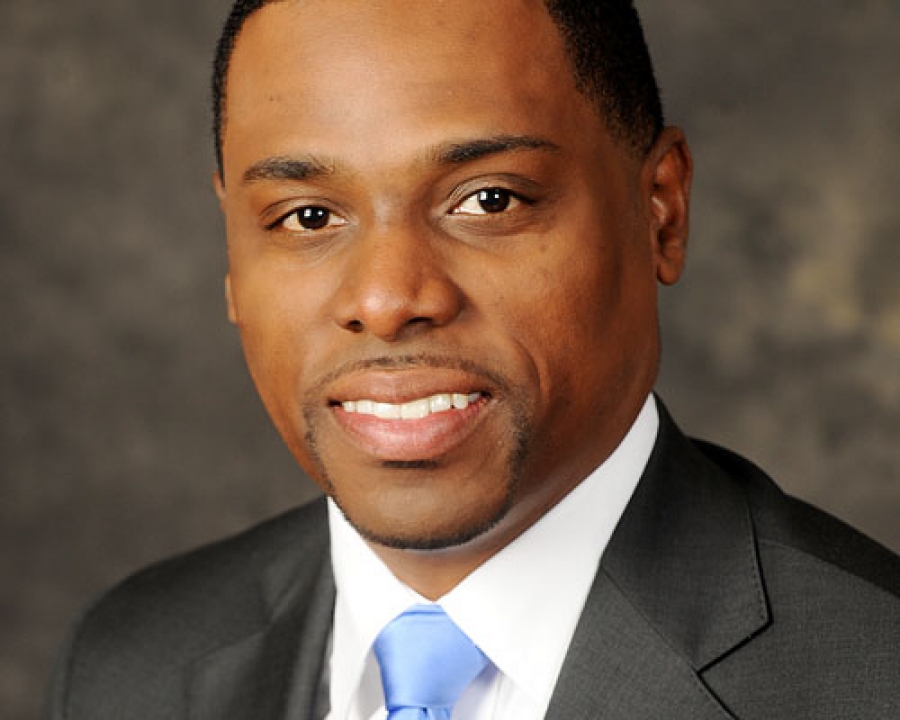Daron, as a former player and coach, what are your thoughts about the recent incidents at the University of Missouri?
While there has been much attention paid to the potential economic impact of the players' action, what happened at Mizzou goes beyond the economics of college football. What we witnessed was a student-led initiative that evolved into a student-athlete-supported initiative that turned into a coach-endorsed movement. Students were the first movers in this story and to Coach Pinkel's credit, he joined the right side of history.
Athletic departments, coaches, athletes and non-athletes across the country would be well-served to take note of what happened at Mizzou. The episode is a case study in off-the-field leadership, something that is needed more in athletic departments across the country.
What lessons can youth development professionals learn from the actions of Coach Pinkel and his players?
Pinkel's show of support to the approximately 30 student-athletes who refused to practice or play in games until President Wolfe resigned ultimately made the difference. While it represented a bold move by an employee who is essentially advocating the ouster of his boss, it was more than that. Pinkel had a difficult choice to make—whether to support his players or the administration—and he chose his team.
And that is exactly what he should have done. Pinkel's stance moves beyond the cosmetic appeal of locker room signs that praise teamwork, toughness and courage. He demonstrated those ideals in a very public way. In an age when social media allow people to voice opinions from their couches, Pinkel's show of support was refreshing.
Given the visibility of what happened in Missouri, athletic departments, coaches and athletes—all young people and those who work with them—now have an example to see what leadership looks like. One can imagine that the members of the Mizzou football team will look back on this experience as a reference point for standing up for one's beliefs—no matter the political fallout. The Mizzou football team and its head coach took a bold stand. This is the essence of leadership. It would be nice if more of us learned for it.
Thanks, Daron! Along with his UT work Daron is also the CEO and Founder of 4th and 1, a nonprofit organization that provides free SAT prep, life skills development and football training to at-risk youth. You can follow him @CoachDKR.




